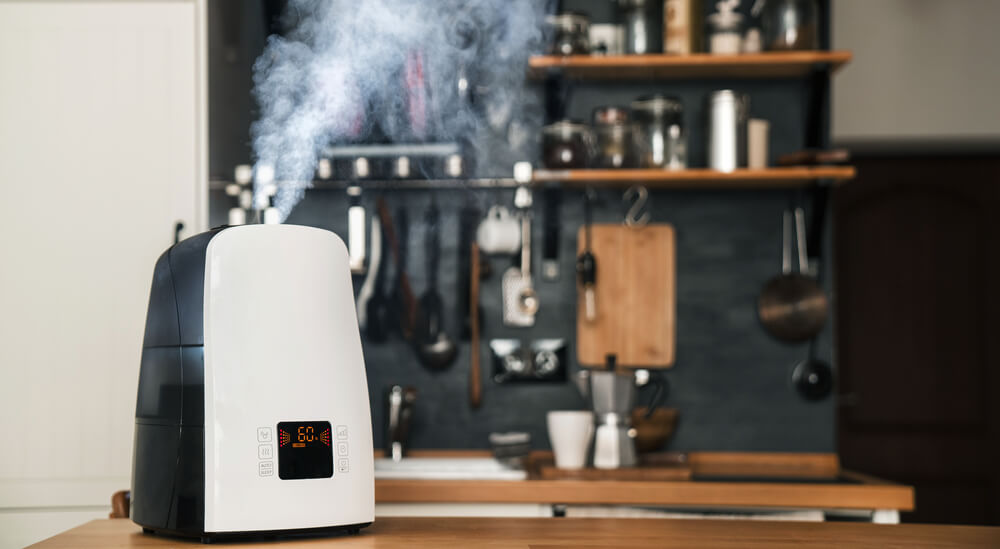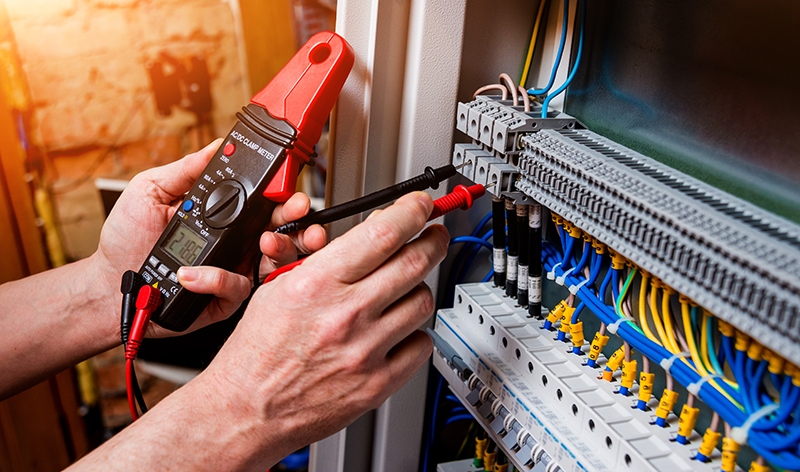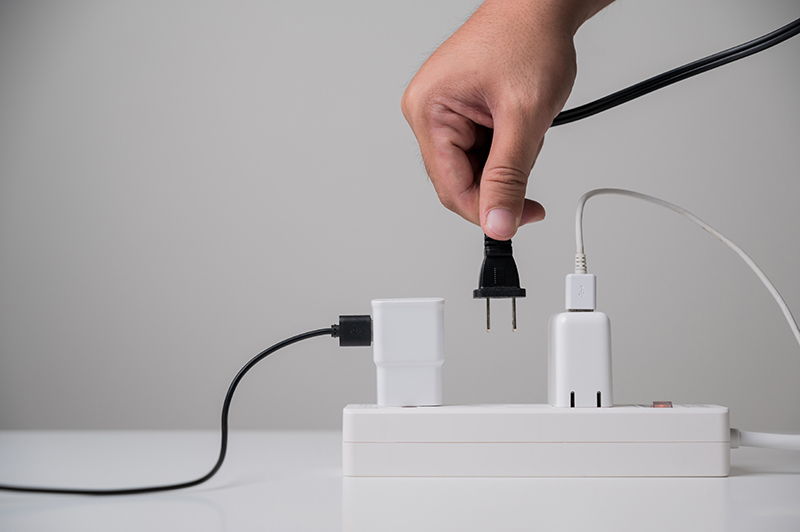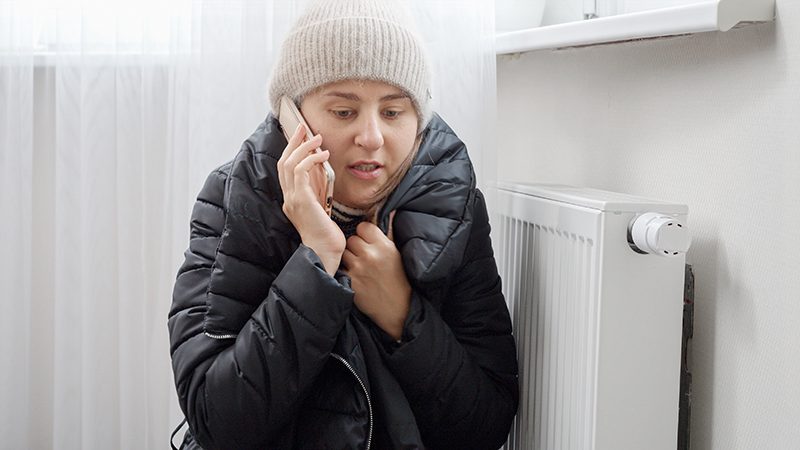Humidifier FAQ's
The proper range for humidity range for a home is between 35 to 50 percent. If the humidity levels are too low, they can make you sick and cause sinus issues. If the levels are too high, it promotes the growth of mold. A humidifier is a good tool to keep the humidity right in your home. A HVAC Professional can help you get a humidifier.
Low Humidity
The cold winter air holds less moisture, moves through the house and gets heated by the HVAC system. The action causes the house to have low humidity. Low humidity can have adverse effects on your health. This includes increasing the life of certain viruses and drying out your body. There are two ways that low humidity can help you catch the flu. Dry air can dry out and inflame the mucous membranes from your respiratory tract. This includes your nasal cavities, and pharynx. Your weakened respiratory system can contract the flu or other infections much easier. The lower humidity can also increases the life of viruses such as the cold, or flu. Low humidity also dries out your eyes and skin. The ‘ Winter Itch ‘ is a term for the way that your skin gets dried out in the winter months. Not only does the humidity dry out the surface of your skin, but it also draws moisture out from deep inside. Causing you to suffer from dry, scaly and cracked skin. With the skin damaged it is easier for viruses to find their way inside. Low humidity also dries up the tears that lubricate your eyes. This makes them dry and irritated.
High Humidity
Several allergy-inducing organisms thrive when the humidity is high. Mold, fungi, and mildew thrive in high humid environments. Mold can cause respiratory problems, headaches, and congestion. It also can aggravate a person’s asthma condition. High humidity also increases the chance of dust bunnies that cause respiratory issues. High humidity also causes everyday items like wooden floors, and walls to off-gas more. It means that they release chemicals such as formaldehyde into the air. High humidity can also cause several health problems. One side effect is heat stroke and dehydration. When the temperature around you is hot your body sweats. The sweat evaporated off your skin cools your body down. When there is a lot of moisture in the air, the sweat does not evaporate but leaves you feeling hot and sticky. It can lead to dehydration, making you feel dizzy, or headaches. It also makes it harder to sleep when the air is hot and humid. If you have problems with the air being too humid or not humid enough, call an HVAC Professional. They can install a humidifier into your existing HVAC system. The air can stay in the proper humidity range without you having to worry about it.
Contact the Professionals at Cahill
The professionals at Cahill Heating, Cooling, Electric, Plumbing & Sewer, Air Conditioning, & Electric are here for you. We can help you get the humidity levels in your home to the perfect percentage. Contact the experts at Cahill Heating, Cooling, Electric, Plumbing & Sewer, Air Conditioning, & Electric at (847) 367-4492. We are here for all your HVAC needs!








